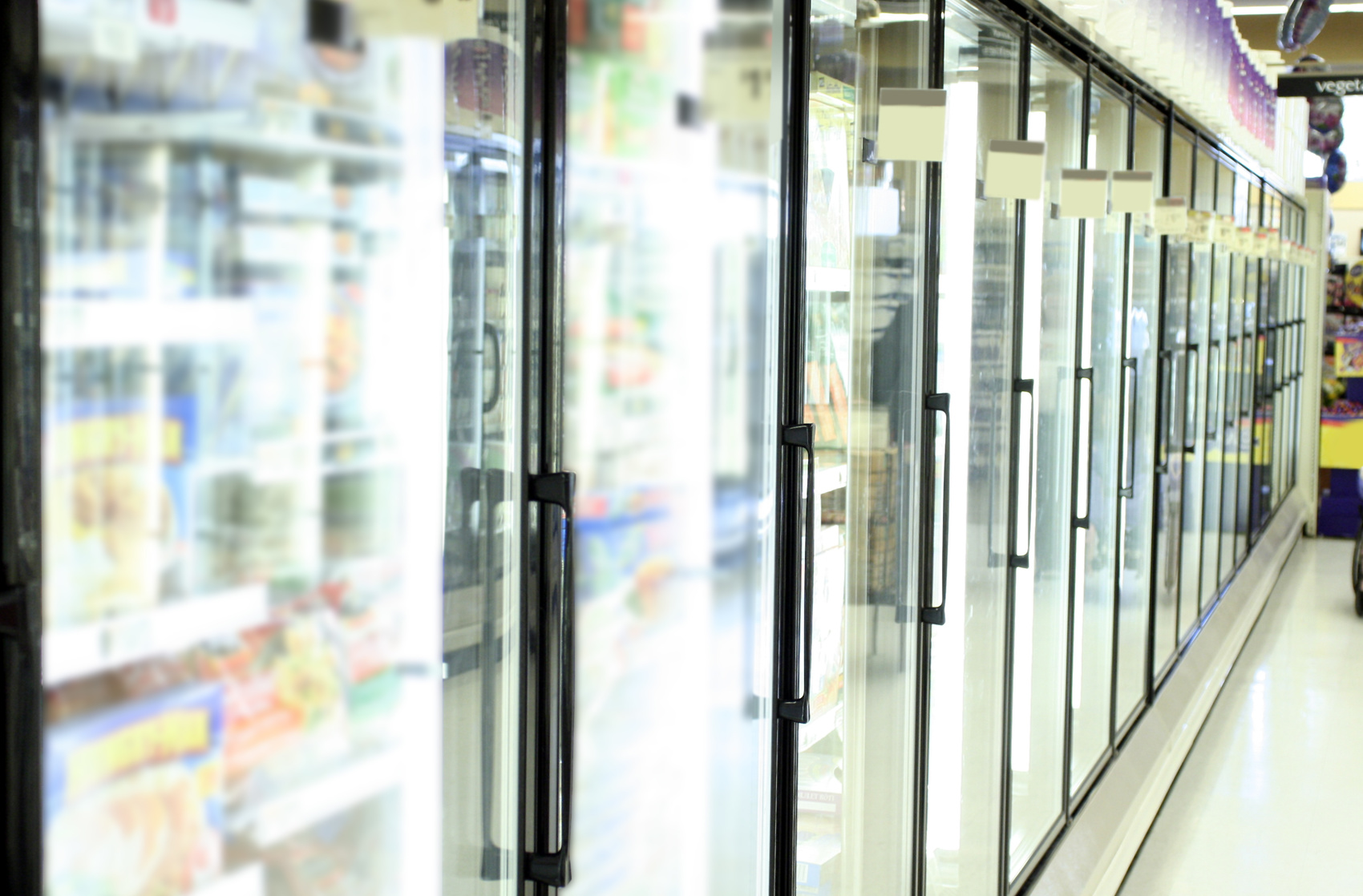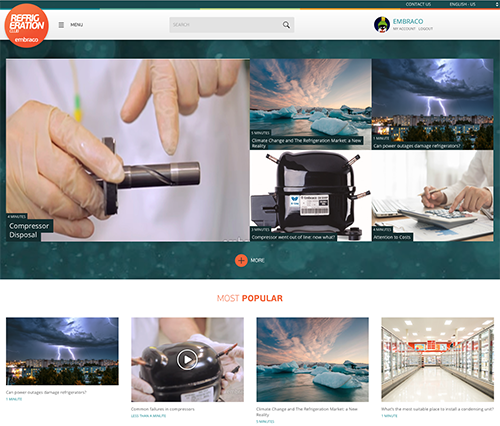*By Maria Cristina Cardoso, Sales and Marketing Directress for South America of SCHOTT Flat Glass do Brasil
Going to the supermarket is a habit which, often, reflects the consumer’s behavior and the way that the food is stored and exhibited directly influences the purchasing decision. Usually, walking through supermarkets, we come across the frozen food section, where the food is stored in so-called cooled cabinets, being able to be open or closed. As 70% of the purchasing decisions are made at the point of sale, a smart and sophisticated presentation of the product has a positive impact on increasing sales.
Companies which perform in the supermarket sector are constantly developing new solutions in presenting goods which improve the display of the goods which improve the display of the food, motivating consumption. However, nowadays it does not suffice only to think about how to attract the consumers’ attention, it is necessary to implement sustainable solutions, preserving the environment and saving energy. The “internal values” present in modern products are becoming increasingly more important.
A possible way of ensuring the perfect exposure and storage of food is obtained by installing totally transparent double-glazing doors for closing cooled cabinets, which provides a full and wide view of the products stored therein. Furthermore, the use of double-glazing doors in closed cabinets saves up to 50% of electricity compared with open cabinets. To obtain a state-of-the-art thermal performance, the door consists of low-emission and colorless glass, besides a chamber filled with inert gas.
The use of double-glazing doors for closing cooled cabinets adds a series of benefits, both for supermarkets, and for consumers. Among them, we can highlight the following aspects:
• They provide a perfect visibility of the food stored;
• They accelerate guidance in the point of sale;
• Due to the total transparency of the double-glazing doors, they make the environment larger;
• They contribute economically to sustainability, from the closing of the cabinet;
• They are ready to be applied in any market display.
To have an idea of the impact which the consumption of electricity in supermarkets has on the domestic economy, the latest study of the Brazilian Association of Supermarkets (Abras), performed in 2014, revealed that in that year the segment of Brazilian supermarkets consumed 8.6 GWh, the equivalent of 2.5% of the energy consumption in all the country and that it represented a cost of approximately R$ 3.5 billion only with electricity.
The supermarket sector has invested in innovation and Technologies which improve the consumer’s experience, as the level of demand regarding transparency and quality in storage of food is increasingly greater. Therefore, technologies which improve the presentation and storage of food, linked to saving energy, are necessary so that the Brazilian supermarkets are at the same level of quality, food safety and modern environments to be able to approach, increasingly, European standards.



